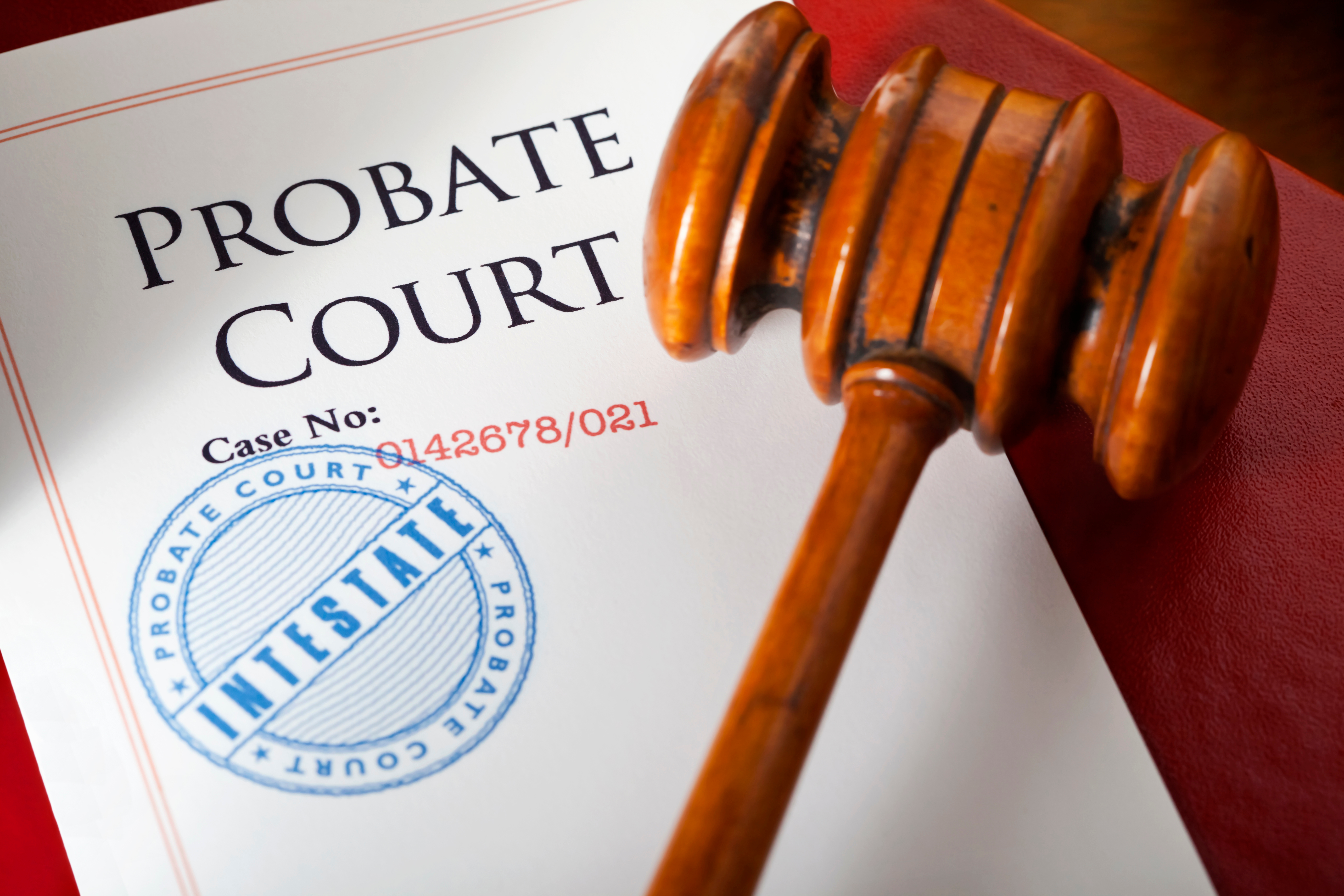While much of the lawyer’s everyday vocabulary is mere jargon that most people do not need to be familiar with, one term that everyone should at least be aware of is intestacy. This is the case because intestacy is a set of default rules. As such, intestacy rules apply to all of us unless we actively opt out of them. Accordingly, you should be aware of the rules, what they impose, and what you can do to make sure they don’t apply to you, (should you decide that is what’s in your best interest).
This brings us to our first and most important question: what is intestacy? Intestacy refers to a state’s default rules for the disposition of one’s property at death. In other words, it’s a state statute that directs who will receive a decedent’s property after they have passed. Each state has its unique intestacy statute, but they more or less proffer the same general rules. This is the case because the main purpose of intestacy is to provide for the wishes of the average decedent. As such, most intestacy statutes provide for property to pass to the decedent’s spouse and/or children first. Additionally, depending on a decedent’s familial situation, intestacy statutes may also result in the passage of property to parents, siblings, and even grandparents. Further still, intestacy can result in the property being passed to aunts or uncles, great aunts or uncles, nieces or nephews, and even distant cousins. The specifics on who would receive your property are dependent upon both the state in which you live (i.e. its intestacy statute) and your familial situation (what family survives you).
Nevertheless, in all states, if a decedent does not have any living family to inherit under the intestacy statute, their property will escheat to the state. This means the government will be the beneficiary of the decedent’s property. Most folks are vehemently opposed to this idea and fortunately, it does rarely occur. Nevertheless, it merits mentioning because it is a possibility in all states under intestacy.
For individuals who want to leave all their property to their family, intestacy is not seen as a bad thing. However, for parties wishing to leave property to someone outside of their family or in a different proportion than what is provided for by intestacy, this statutory framework simply will not be capable of meeting their needs. As referenced earlier though, intestacy is the default rule. This creates a sticky situation as for intestacy not to apply to a decedent, one must actively opt out of it.
This brings us to the next big question: how does one opt out of intestacy? As it turns out, opting out of intestacy is as simple as having a valid will created that directs the disposition of property at death. Yes, by creating a will a party will take themselves out of the realm and dominion of intestacy. In turn, individuals with a will get to direct the disposition of their property. For most people, this is a preferred outcome and explains the utmost importance of having a will drafted on your behalf.
At King Law Offices, we understand the importance of opting out of intestacy and directing the disposition of property as you see fit. As such, we find ourselves handling wills for our clients with great frequency. Accordingly, our team of experienced attorneys and case managers is ready to assist you in doing the same. Regardless of how you wish to direct the disposition of your property at death, our staff can craft a will such that your estate planning goals are met. Call us today at (888)-748-KING (5464) to schedule a consultation at one of our western North Carolina or upstate South Carolina offices.


